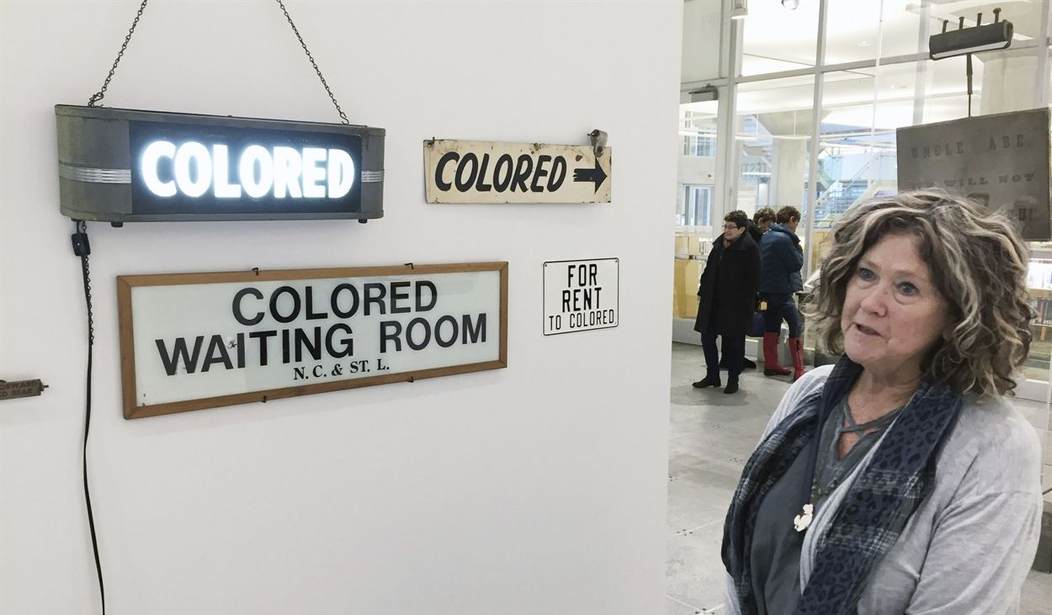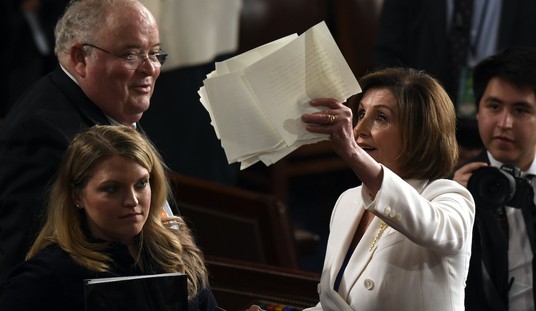Time moves on, and the world changes.
Not long ago, a generation believed pop music would forever be soaked with belty ballads.
That same group thought we were on course for colorblindness.
To quote Whitney Houston, “Didn’t we almost have it all?”
It’s a new day, and as the radio rings with less sentimental fare, not only has America’s racial trajectory radically changed, it’s gone back to notions it once claimed to have outgrown.
Currently, where segregation’s concerned, the culture’s message seems firm: “We were right the first time.”
That time being the 1940’s.
Apropos of that, Harvard University’s set to host an August music business course.
Per the advertisement, it’ll “cover topics that include financial literacy, mental health, and personal branding in the music industry.”
On the official website, “No Label Academy at Harvard” announces thusly:
Partnering with universities, brands, and a unique set of speakers, No Label and [rapper IDK] are constructing a comprehensive 10-day music business course at Harvard University. This free course focuses on building a pipeline for BIPOC talent to kickstart their music careers, democratizing and reframing what is attainable in the industry.
The particulars:
Music/artist experience not required. Tuition + all expenses are covered for admitted students.
And:
Open to all BIPOC individuals interested in music business.
BIPOC, as you may know, stands for “Black, Indigenous, and People of Color.”
Translation: The class is for everyone but white people.
Amid other variables, the sign-up page asks applicants to provide the following:
Name
Email address
Phone number
How they heard of No Label Academy
Date of birth
Gender identity (required, as noted by an asterisk)
Racial/Ethnic identity (also required)
There are 8 options for race:
- American Indian or Alaska Native
- Asian
- Black or African American
- Hispanic or Latino
- Middle Eastern or North African Native
- Hawaiian or Other Pacific Islander
- White/Caucasian
- Prefer not to respond
There’s also an essay question–
In 150-250 words, briefly describe 1) your motivations for applying to No Label Academy, 2) how your experiences make you a good fit for the program, and 3) how participating in NLA will contribute to your career goals in the music industry.
The page reaffirms: The course is open to BIPOC individuals ages 18-25, living in the United States.
Back to Whitney, it feels as if we’ve U-turned all at once.
Consider Cornell University’s rock climbing course for the spring semester — it was originally described as “for people who identify as Black, Indigenous, Latinx, Asian, or other people of color.”
The title: BIPOC Rock Climbing.
For graduation this year, both Columbia University and Chapman University offered supplemental, race-specific graduation ceremonies.
In April, Minnesota’s Carleton College held “antiracism” staff training separated by race.
And following the Derek Chauvin verdict, California’s Piedmont Unified School District hosted “support circles” according to students’ race.
The district later apologized — for the white circle.
From MSN:
[The superintendent said] it was a “poor choice of words,” which “led to the perception that White students needed the same kind of ‘support’ as our BIPOC (Black, Indigenous, People Of Color) students. Students of all racial backgrounds rightfully pushed back on that idea.
As for Harvard’s upcoming BIPOC business seminar, University of Michigan-Flint professor Mark Perry told Campus Reform the course likely violates the Civil Rights Act of 1964’s Title VI, which prohibits racial discrimination in any program receiving federal funding:
“In some cases like this, a university might claim that they are merely renting space on its campus to a discriminatory group or program, but they are not affiliated with the program or endorsing it. In this case, I don’t think Harvard can make that claim… Harvard should be considered a partner because the program name is ‘No Label Academy at Harvard’ and a Harvard faculty member is serving as an adviser to the program. Therefore, Harvard should be held accountable as being complicit with the discriminatory practices of an outside group that is using Harvard’s name, its campus, its academic reputation, and its faculty to promote a program that violates Title VI.”
Via the U.S. Department of Education’s Office for Civil Rights, Mark’s filed a Title VI complaint against the school.
As stated in the filing:
In violation of Title VI, this program discriminates on the basis of skin color by operating exclusively for BIPOC individuals only and illegally excluding and discriminating against non-BIPOC individuals on the basis of skin color.
It may violate something from ’64, but where does it sit with the 40’s?
We’ve changed our tune; to America’s erstwhile aspirations of unity, I say…
-ALEX
See more pieces from me:
College Symposium Razes the Anti-Black Racism of ‘Good’ Grammar
California College Nixes Test Scores for Admissions, Prefers a ‘Strong Message About Equity’
Nevada Air Force Base Hosts Drag Show, and It’s Part of a Softer, Gentler Military
Find all my RedState work here.
Thank you for reading! Please sound off in the Comments section below.












Join the conversation as a VIP Member